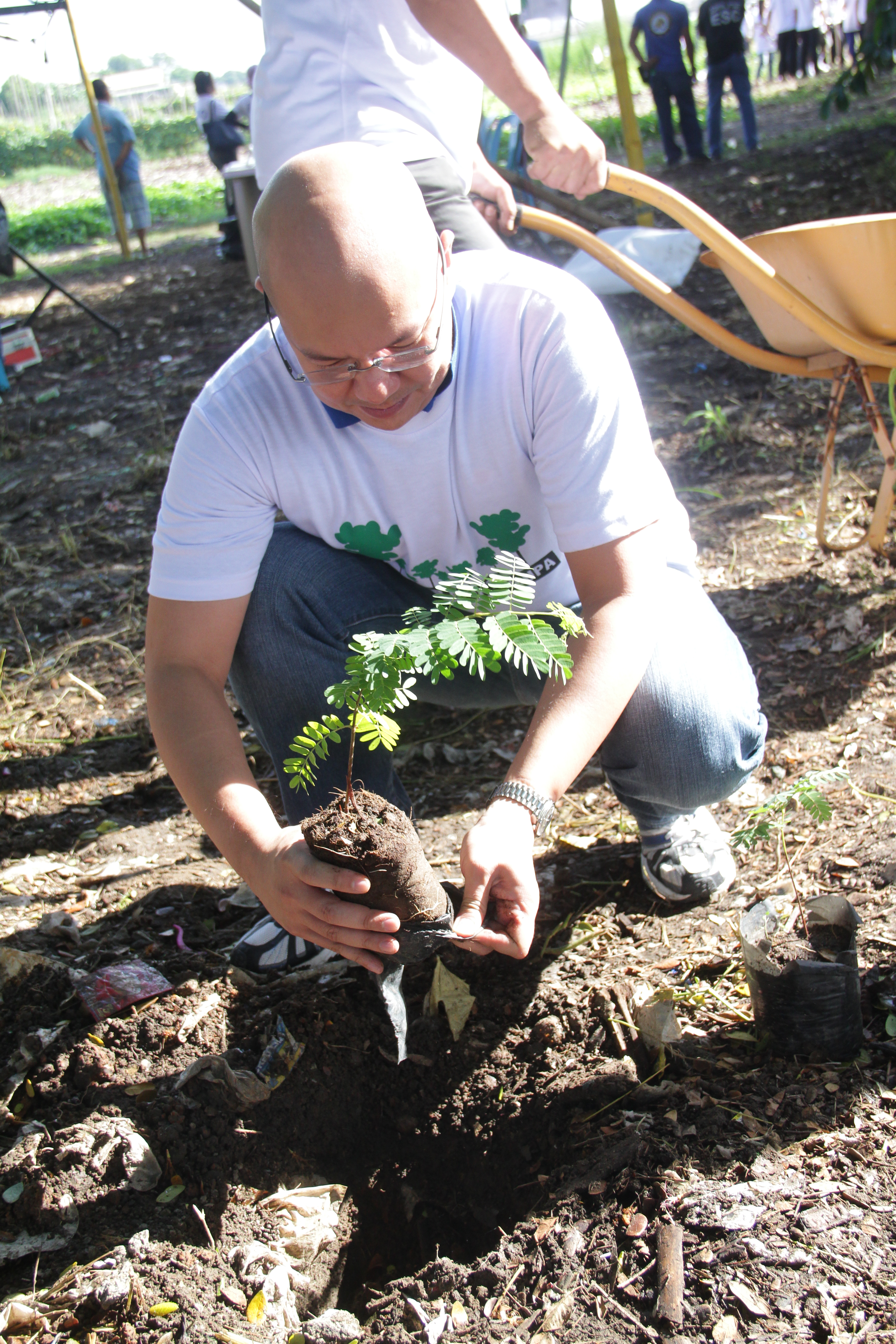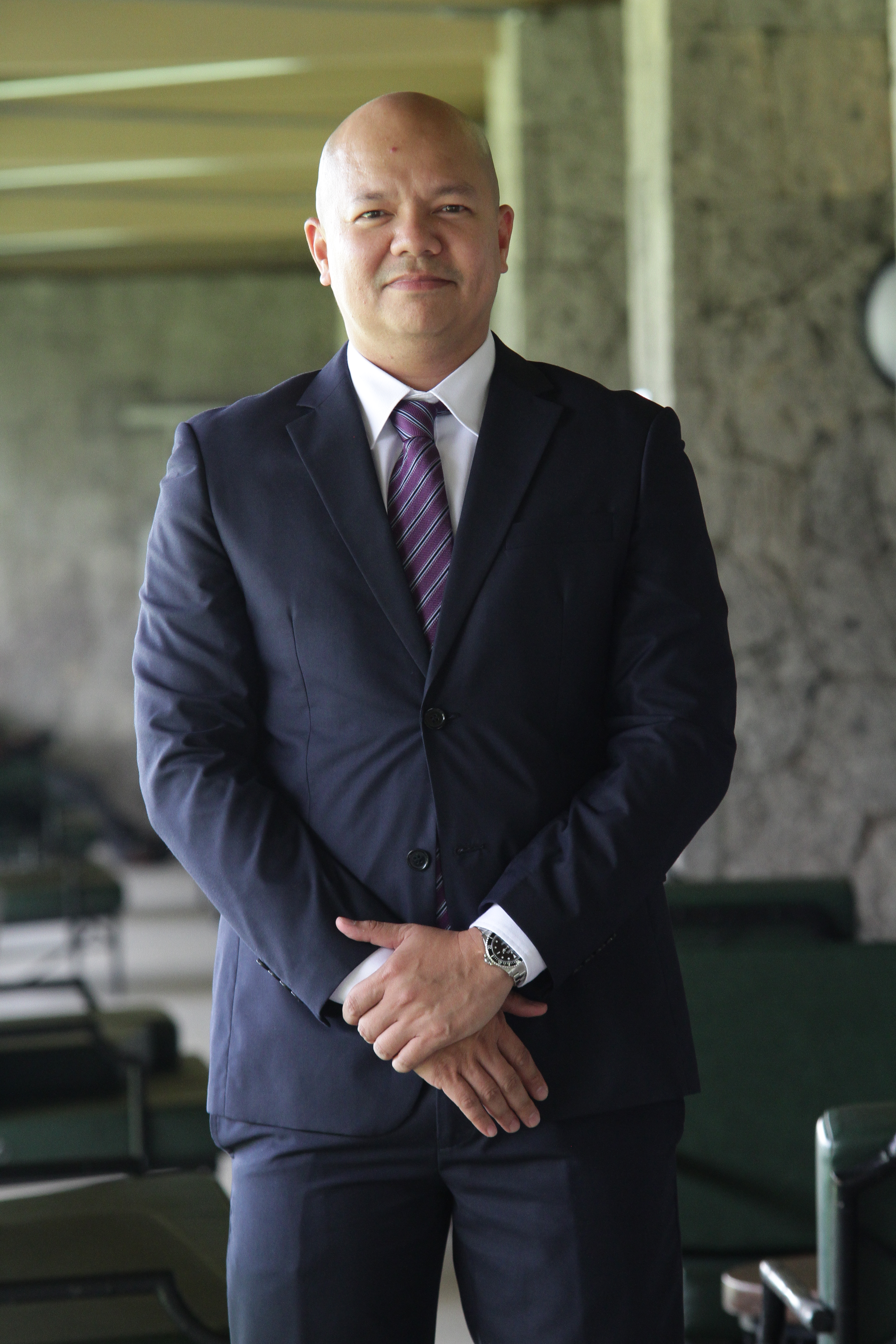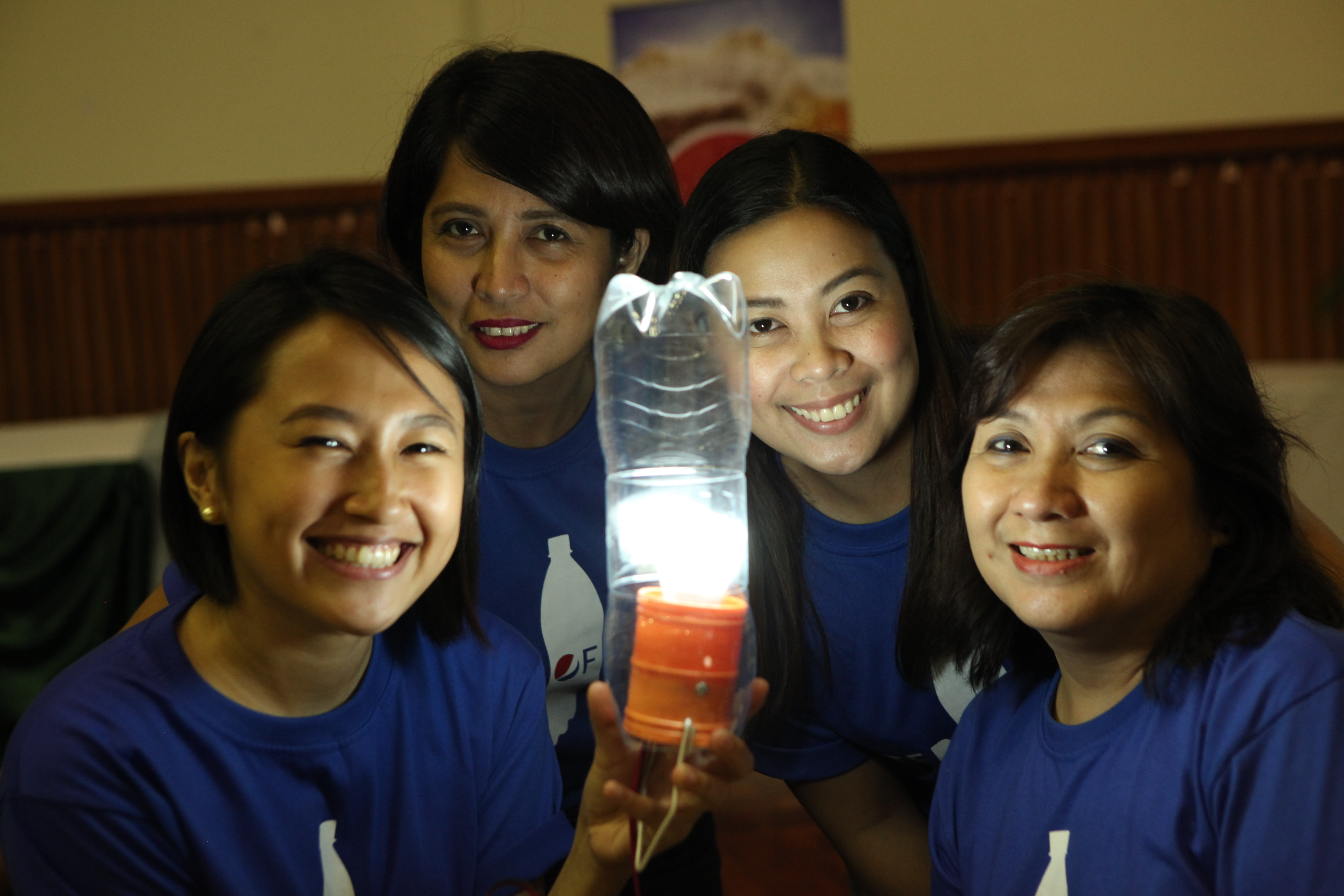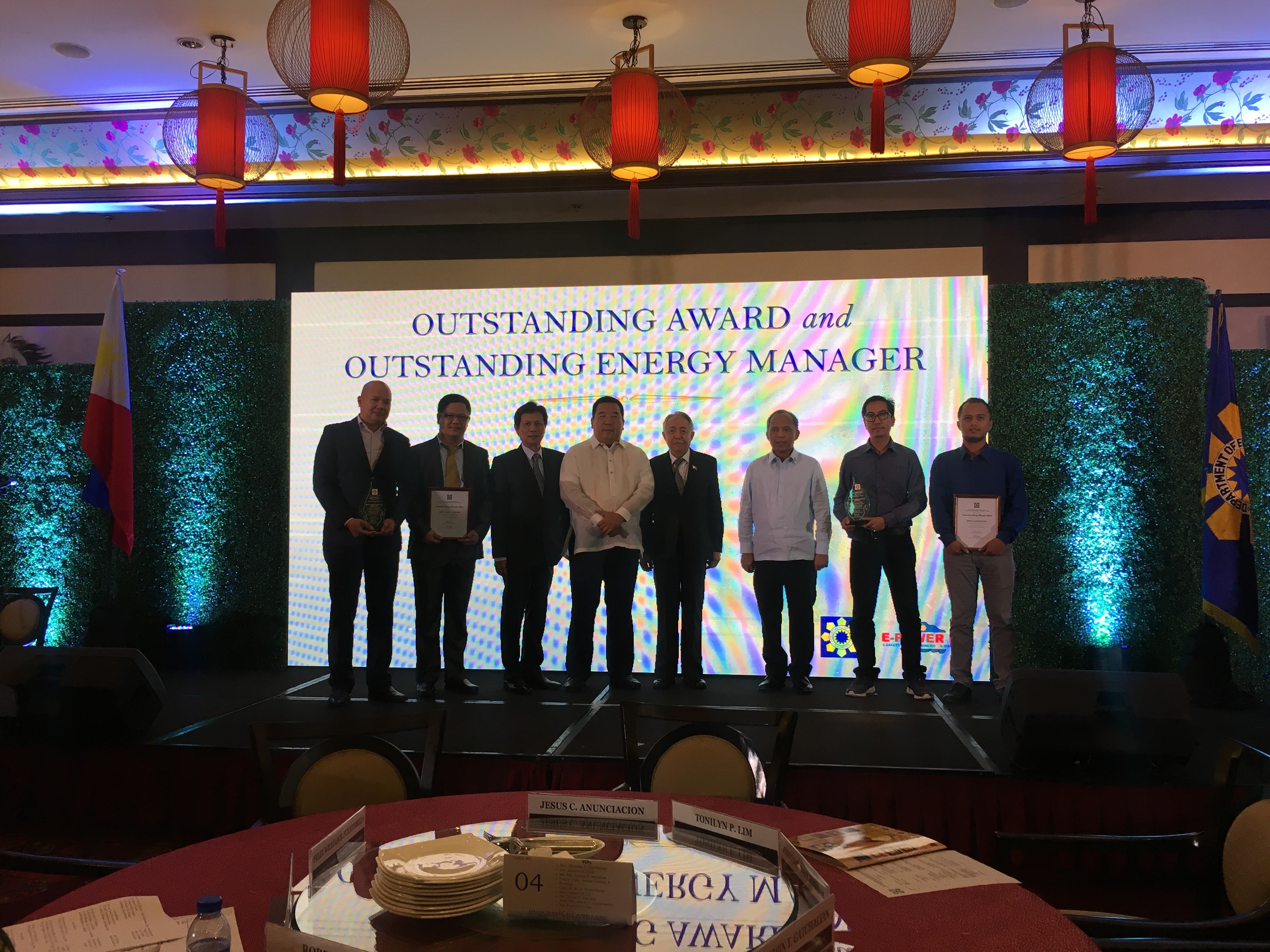Pepsi Philippines: In the business of Environmentalism
Upon joining Pepsi Cola Products Philippines Inc. (PCPPI) almost five years ago, Senior Vice President for Operations Allan Frias II immediately busied himself with laying down the groundwork for the company’s environmental initiatives.
“I have always had a heart for the environment,” explained Frias. “It’s a personal advocacy I truly believe in and apply even at home with my family.”
In his day-to-day tasks at PCPPI, Frias oversees topline and bottom line services–manufacturing and distribution of products as well as environment, health & safety, and quality & food safety. He said his keenness for sustainability fits well into his role as he makes sure the company manufactures and distributes products using viable means while consuming less resources such as electricity, fuel, water, and minimize waste generation.
“Waste management particularly is standardized in our plants,” he said. “We make sure to partner with viable third parties who can help us in solid waste recycling to make sure that we are maximizing solid waste recycling while keeping waste production at a bare minimum from the production source. Waste water is also treated before disposed of to make sure we aren’t harming the environment.”
PCPPI is a member of the Philippine Alliance for Recycling and Materials Sustainability (PARMS) which addresses post-consumer waste through a recycling facility. Apart from that, the bottling company regularly joins summits that help them become responsible manufacturers through environmental education and sharing of best practices. Through these, leaders easily become familiar with ways they can conserve resources and put into practice these learnings in the work environment and even at home.
Article continues after this advertisement“Our people are very much involved when it comes to these initiatives,” said Frias who oversees more than half of PCPPI’s workforce. “They show great enthusiasm for our environmental advocacies, regularly sharing their ideas every time they engage in a dialogue with the management.”
The company also launched a nationwide sustainability program called “Luntiang Yaman” in 2016 driving PCPPI’s advocacy of standing as a prime advocate for a greener Earth through their sustainability mission: Doing what’s right for the business without compromising the environment and the communities where the company operates.
Luntiang Yaman focuses heavily on five key areas for conservation and development until 2020–water, electricity, fuel, solid waste, and the community. It aims to reduce water usage by 10% year on year, reduce electricity usage by 5% year on year, reduce fuel usage by 5% year on year, improve solid waste recycling to 85%, and conduct social responsibility initiatives through management systems and community volunteerism projects.
As of 2018 to date compared to 2017 same period, water usage has been reduced by 23%, fuel usage has reduced by 15%, electricity usage reduced by 12%, and solid waste recycling had reached 80%.
“With Pepsi’s nationwide standards on electricity, water, and fuel efficiency in our plants, our employees do their best to conserve these valuable resources even in the offices–simple things like turning off the light and air-conditioning units when not in use and being mindful of water use in the pantries and restrooms. Putting these simple acts into practice makes them disciplined individuals and creates this culture of responsibility & awareness in the workplace.”
Frias also said their people’s genuine care for the environment and discipline at the workplace create in them an eagerness to share with the surrounding communities these best practices. “PCPPI is big on Corporate Social Responsibility programs, every year our people are involved in tree-planting programs and estero clean-up drives. Recently, we also recycled tons of PET bottles to provide sustainable sources of light for the war-torn city of Marawi through Liter of Light,” he said.
When asked about his and the company’s heart for the environment, Frias emphasized its generational effect, “We want to make sure that the resources we conserve will continue to be there not just for us but for future generations as well, because we only have this earth to depend on so we must do our utmost best in protecting it.”
In the end, through these efforts he said PCPPI aims to become a good corporate citizen standing as a role model for its fellow businesses.
Just last year, PCPPI was given six awards in the Department of Energy’s Don Emilio Abello Energy Efficiency Awards (DEAEEA) in December.
Their Cebu and Davao plants were cited for Outstanding Energy Efficiency, while their respective production manager Erwin Avergonzado and maintenance manager Larry James Agustin each received the Outstanding Energy Manager award. The company’s CLO and Tanauan plants were also recognized with Special Energy Efficiency awards.
“We’re glad that our efforts to become a sustainable and environmentally responsible company are being recognized by government organizations,” said Frias. “That way, we are being given more platforms to shine as an example to other members of our industry, as well as to all businesses in the country.”
ADVT



